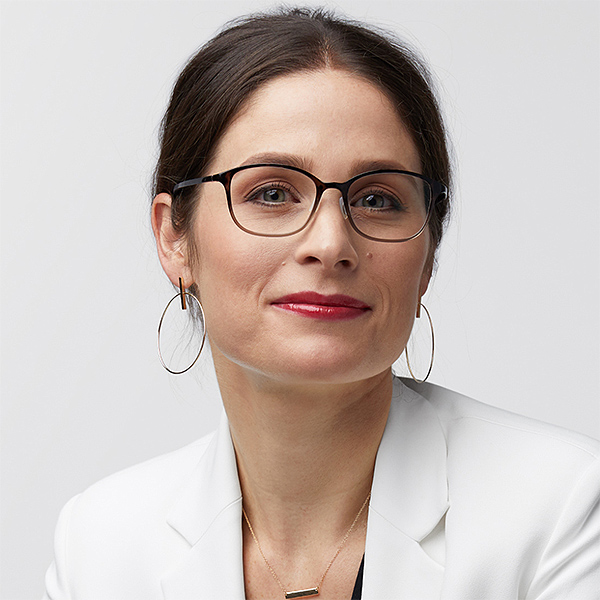Conflicted: Why I Chose Innovation

I did not get around to running much these days, but my dad – an avid runner – was in town. When I saw him lacing up his shoes for his daily jog, I decided last minute to join him.
A mile into our run, after some small talk about the good Bay Area weather, my dad tells me that he has not been feeling himself. He gets dizzy and nauseous at the beginning of his runs. I listen and nod, and occasionally look at him; he only looks straight ahead, focused on his pace.
My dad, who is in his early sixties, rarely divulges any information about his health. He is a retired physician and just as stubborn about daily exercise as he is about avoiding any opportunity to be the patient. I cannot recall the last time he had even seen a primary care doctor.
My mind instinctively starts a differential diagnosis: ischemia, orthostasis, chronotropic incompetence, sick sinus syndrome, gastritis, etc.
My dad disrupts my deep thoughts with, "Don't worry, I'm fine."
We continue our run.
Although I work at a digital health startup that makes mobile EKG devices, I have been loath to suggest their use to the people I love, including my patients, friends and my family. My medical education was imbued with Sunshine Act lectures and pharma-free lunches.
My conflict of interest – that I practice cardiology and work for a cardiovascular device company – weighs on me heavily.
I have been taught that conflict of interest represents a risk that judgement will be compromised. The way I have tried to keep my judgement in-check is by separating my "clinical" and "startup" worlds as much as I can.
The "Why Innovation"
section series is a brief write-up
from ACC Health Care Innovation Section members to give readers a background of their professional journey, and explain the significance of innovation to their work and in the field.
Authors can include their personal definition of innovation, as well as tips or tricks on how to bring innovative ideas to the table
in otherwise traditional settings
and spaces.
When I am in clinic, I rarely mention my other job, nor recommend or prescribe my company's products to my patients. When I am at the startup, I graciously decline requests from my coworkers to review their latest EKG recording. So far, I have avoided muddying the ethical waters.
However, the day my dad told me about his exertional dizziness, I was compelled to fuse my innovative spirit with my clinical expertise.
I had my dad check his heart with my company's EKG device and it showed sinus bradycardia, at 36 beats per minute. I took my dad's hand in mine and felt a strong, albeit slow pulse. When I looked at him this time, I saw immediate relief in his eyes as he let me take care of him.
I checked his blood pressure and orthostatics (which were normal), and I promptly referred him to see an electrophysiologist. My dad later told me how proud he was that I am a cardiologist, as well as working on a product that helped him take a big step – to agree to see a doctor and be the patient.
I am grateful to develop longitudinal, caring relationships with my clinic patients while also developing innovative technologies that help many others like my father.
However, there are trade-offs to pursuing a combined clinical practice and industry career. I will always face the glare of my conflict of interest – the societal and personal license to question my credibility.
So, I work hard to instill trust in my patients and coworkers. I seek advice and feedback from peers and mentors. With my eye on innovation, I keep grounded with disclosure and self-reflection.
I choose innovation and fully accept the responsibility of my conflict of interest. It is worth it in the long run.
